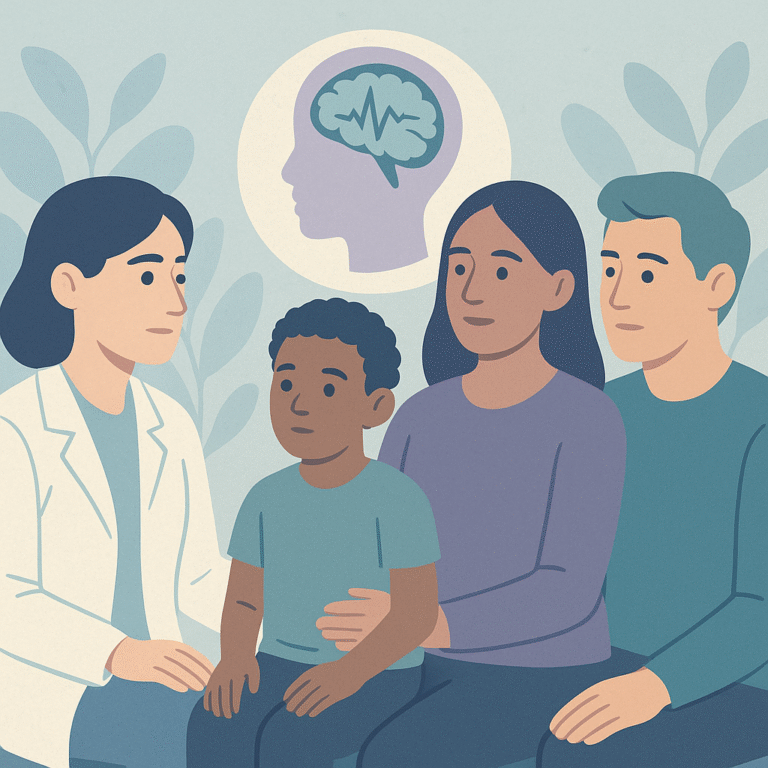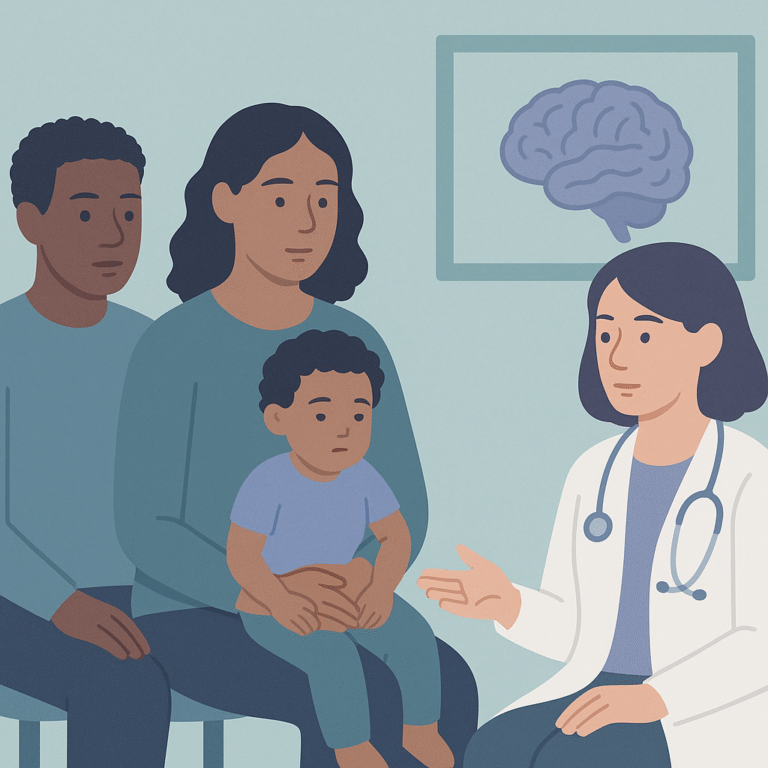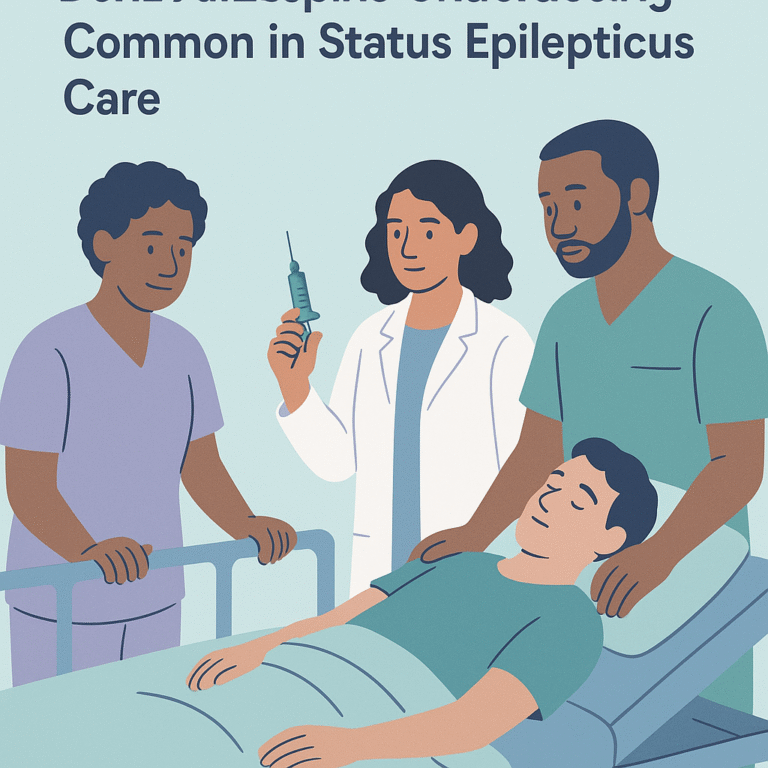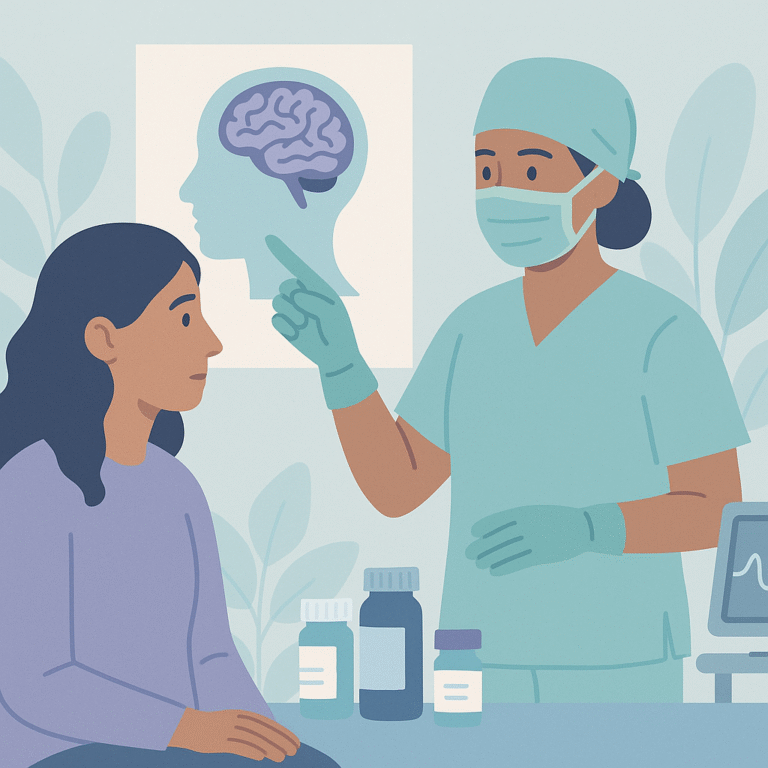New Insights on Pediatric Epilepsy Surgery Candidacy
Researchers studied a group of children with epilepsy who might be candidates for surgery to help control their seizures.

Researchers studied a group of children with epilepsy who might be candidates for surgery to help control their seizures.

The PREVeNT trial studied the effects of a medication called vigabatrin on infants with Tuberous Sclerosis Complex (TSC), a condition that often leads to epilepsy and developmental challenges.

This study looked at how benzodiazepines (BZD), a type of medication used to treat status epilepticus (SE), were given to adult patients in the emergency department (ED).

Researchers studied the use of midazolam, a medication used to treat seizures, in the UK and Norway.

A study was conducted to look at how effective Cenobamate (CNB) is for adults with idiopathic generalized epilepsy (IGE), a type of epilepsy that can be hard to treat.

This study looked at children with drug-resistant epilepsy, which means their seizures do not respond well to medication.

This study focused on women with epilepsy who are of childbearing age, a group that faces specific challenges related to their condition and reproductive health.

This study looked at how epilepsy professionals in the UK and Norway use a rescue medication called midazolam to treat prolonged seizures, known as status epilepticus.

Researchers studied the PARADISE-24 questionnaire, which is designed to assess how brain disorders affect daily life.